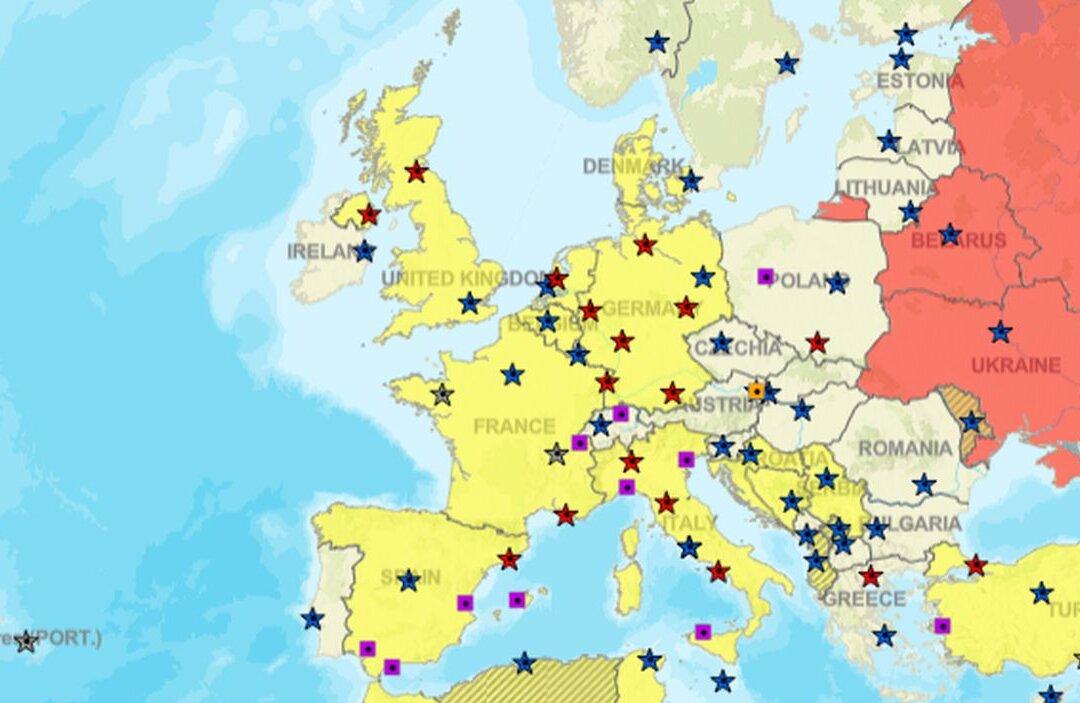A new travel requirement for Americans seeking to visit most European countries has been delayed again to sometime in 2025, officials said.
The requirement, which involves an online travel authorization through the European Travel Information and Authorization System (ETIAS), applies to visitors to 30 European countries, including popular destinations such as France, Spain, Germany, Greece, Italy, and Portugal.





